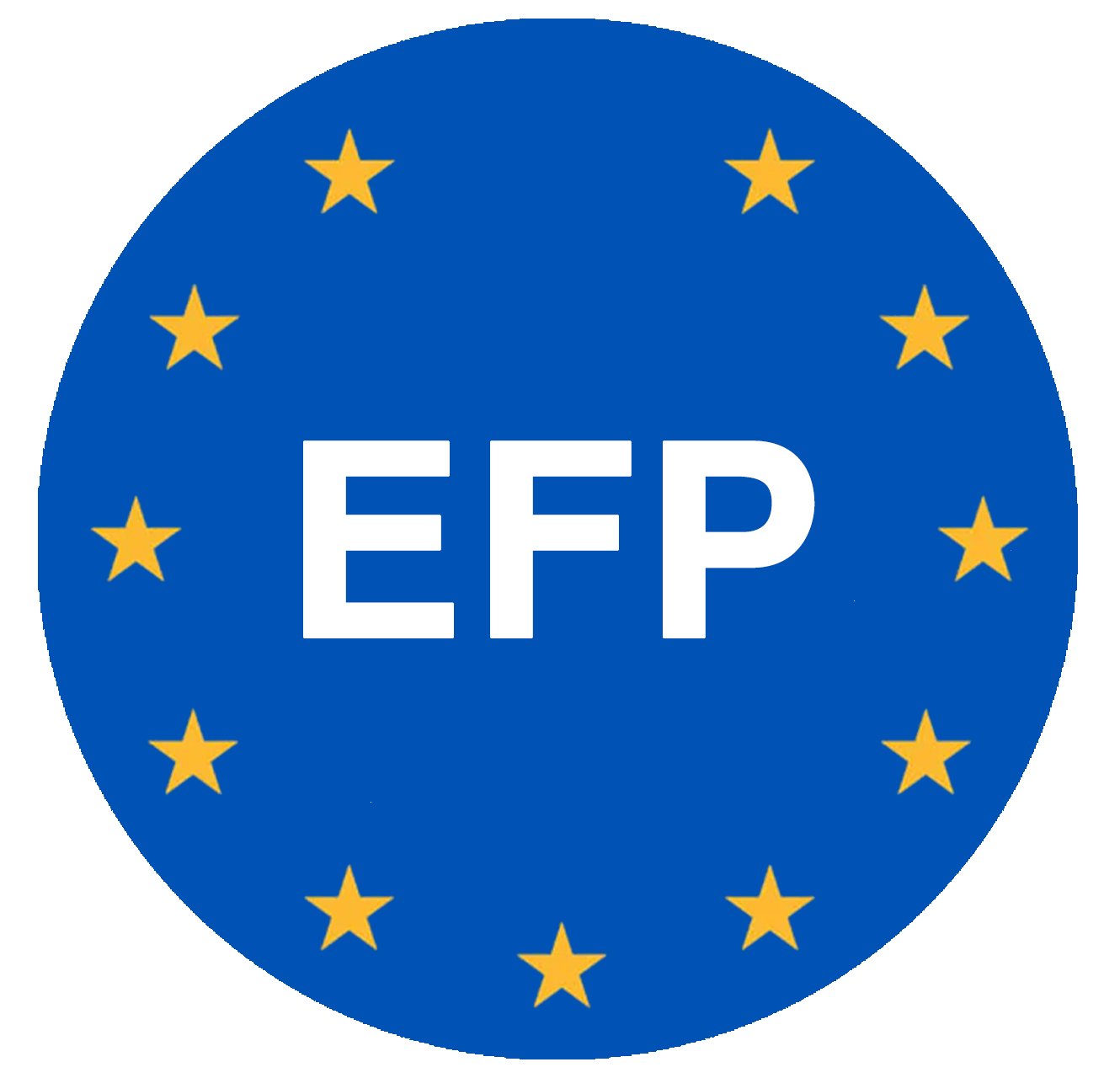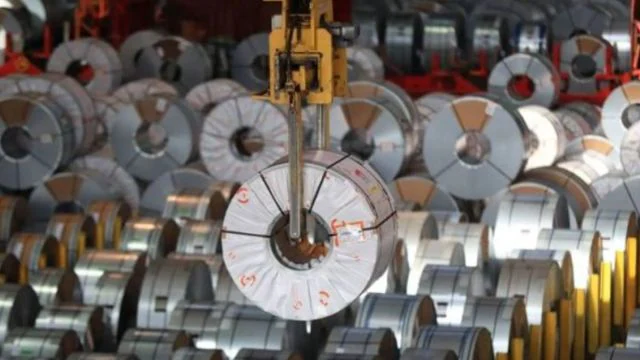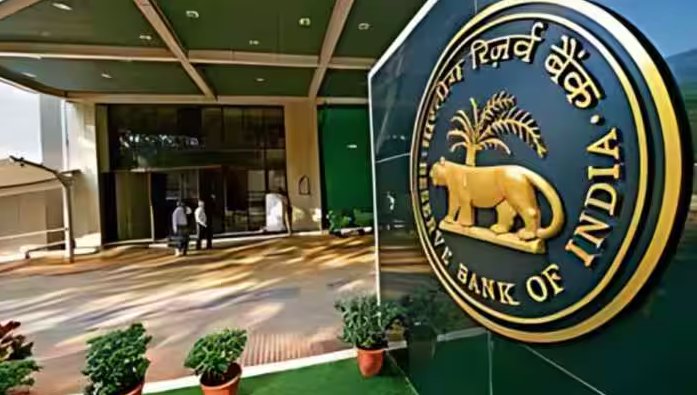The Engineering Export Promotion Council (EEPC) on Thursday expressed concerns over restrictions on steel shipments at Indian ports and urged the government to expedite the issuance of No Objection Certificates (NOCs) for steel consignments, alongside implementing other measures to support Micro, Small & Medium Enterprises (MSMEs) in the steel sector.
“Many of our members are facing significant challenges due to delays in obtaining NOCs from the Ministry of Steel. The absence of NOCs is severely impacting their ability to clear goods from customs, thereby hindering their business operations,” EEPC India Chairman Pankaj Chadha said in a statement.
EEPC members have pointed out that Quality Control Committee meetings are not being held as frequently as required, leading to delays in the issuance of NOCs for steel consignments and these delays are causing substantial disruptions to business operations, EEPC said, adding that Ministry of Commerce and Industry could intervene to help resolve this issue.
Last month, The Indian Express reported that the Embassy of Japan in India had raised concerns with the Ministry of Steel and the Ministry of Commerce and Industry, highlighting that Japanese steel consignments were being held up at Indian ports by Customs officials due to the absence of NOCs.
Engineering exporters have also voiced significant concerns regarding the proposed safeguard duty on steel imports, warning that such a measure could drive up steel prices in the domestic market and make engineering exports uncompetitive in global markets.
“Steel constitutes approximately 60 per cent of the production cost for most engineering products. Consequently, any fluctuation in steel prices or availability creates a ripple effect, disrupting engineering exports and undermining their ability to compete internationally,” EEPC stated.
Exporters have suggested that, if required, targeted support measures should be provided to domestic steel producers instead of imposing safeguard duties, which could have far-reaching negative consequences.
The Global Trade Research Initiative (GTRI) noted that India’s steel industry largely focuses on low-margin products while relying on imports for specialised applications. The report highlighted the need for a balanced approach that addresses the needs of both large producers and smaller steel-using industries.
“Current policies heavily favour large firms, stifling SMEs and threatening jobs and growth. The government must adopt balanced reforms to ensure fair competition, streamline import processes, and encourage high-end steel production. Only then can India’s steel sector become a reliable pillar of its economic development, meeting both domestic and global demands,” GTRI stated.
GTRI said that antidumping duties also show selective enforcement. For instance, over 80 per cent of stainless steel pipes and tubes enter India duty-free from ASEAN countries, yet the three major suppliers from Indonesia, Vietnam, and Thailand have been excluded from recent antidumping measures. “These selective decisions by BIS or DGTR benefit a few large firms while harming smaller businesses,” GTRI said.



